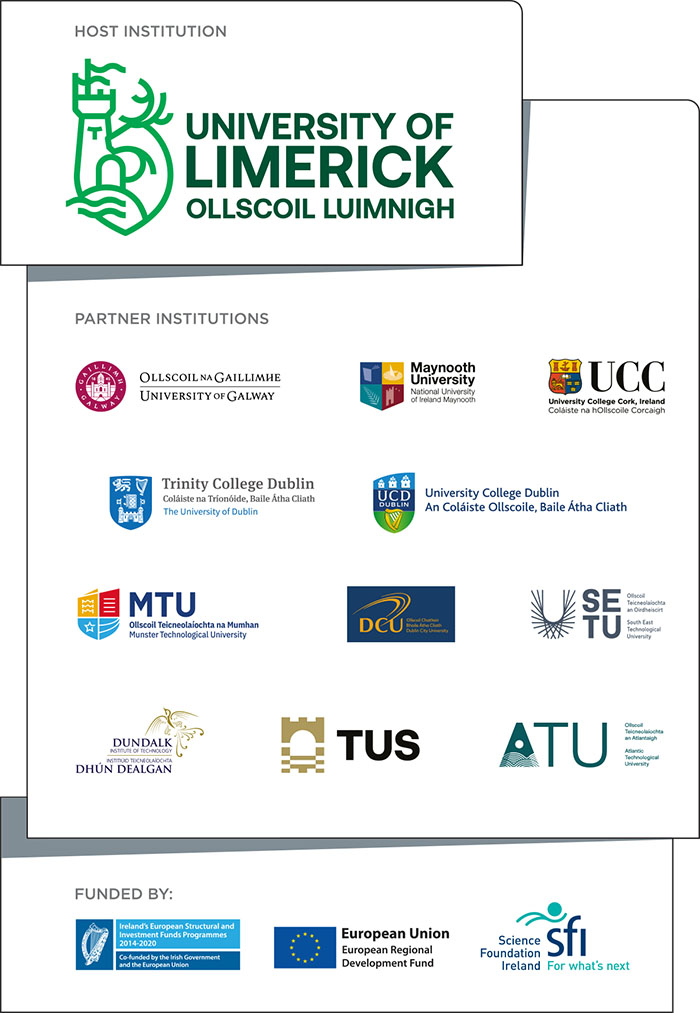The Agile Success Model: A Mixed-Methods Study of a Large-Scale Agile Transformation
You are here
| Title | The Agile Success Model: A Mixed-Methods Study of a Large-Scale Agile Transformation |
| Publication Type | Journal Article |
| Year of Publication | 2021 |
| Authors | Russo D |
| Journal | ACM Trans. Softw. Eng. Methodol. |
| Volume | 30 |
| Date Published | jul |
| ISSN | 1049-331X |
| Keywords | Agile, ethnography, grounded theory, mixed methods research, multivariate analysis, partial least squares, structural equation modeling |
| Abstract | Organizations are increasingly adopting Agile frameworks for their internal software development. Cost reduction, rapid deployment, requirements and mental model alignment are typical reasons for an Agile transformation. This article presents an in-depth field study of a large-scale Agile transformation in a mission-critical environment, where stakeholders’ commitment was a critical success factor. The goal of such a transformation was to implement mission-oriented features, reducing costs and time to operate in critical scenarios. The project lasted several years and involved over 40 professionals. We report how a hierarchical and plan-driven organization exploited Agile methods to develop a Command & Control (C2) system. Accordingly, we first abstract our experience, inducing a success model of general use for other comparable organizations by performing a post-mortem study. The goal of the inductive research process was to identify critical success factors and their relations. Finally, we validated and generalized our model through Partial Least Squares - Structural Equation Modelling, surveying 200 software engineers involved in similar projects. We conclude the article with data-driven recommendations concerning the management of Agile projects. |
| URL | https://doi.org/10.1145/3464938 |
| DOI | 10.1145/3464938 |




